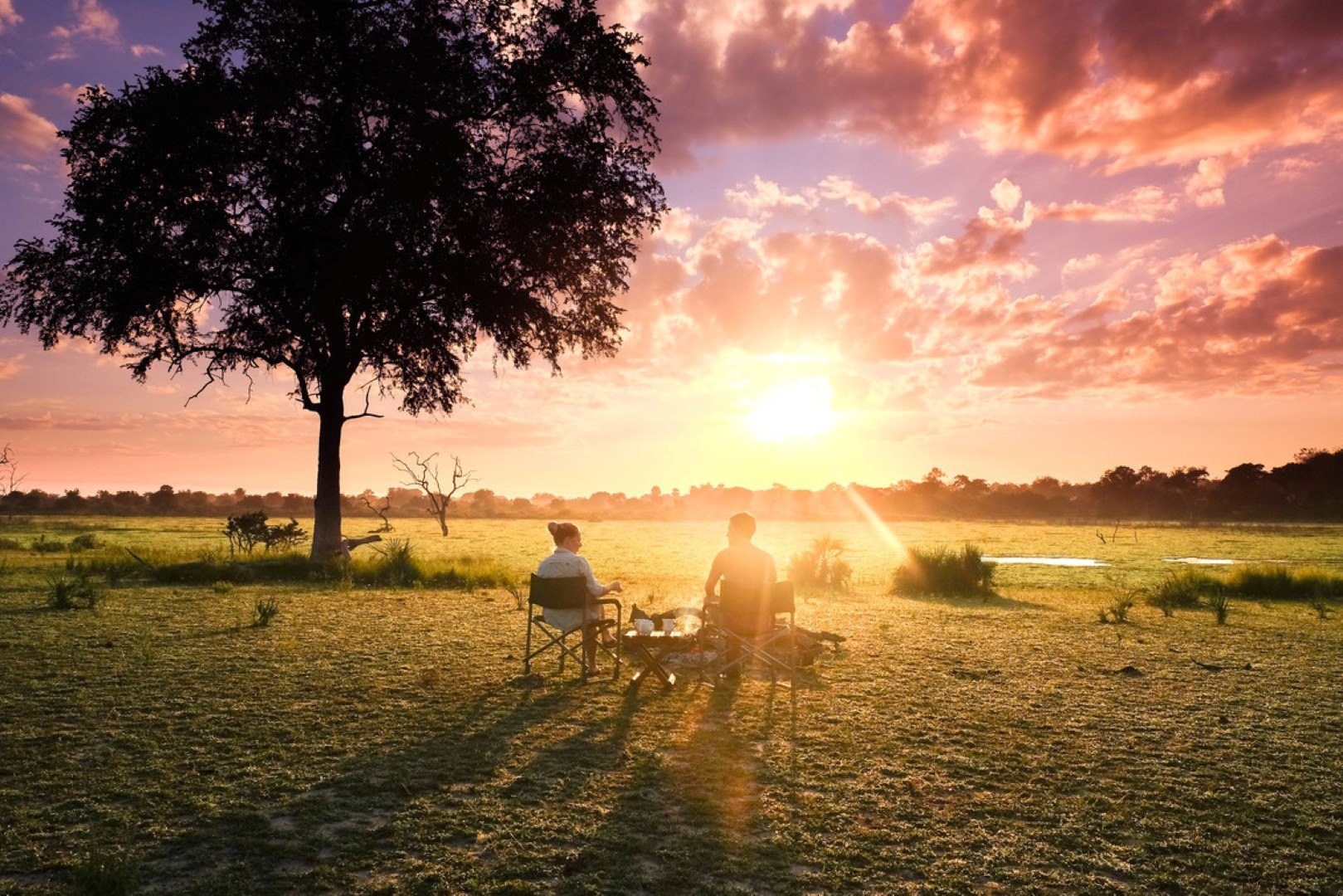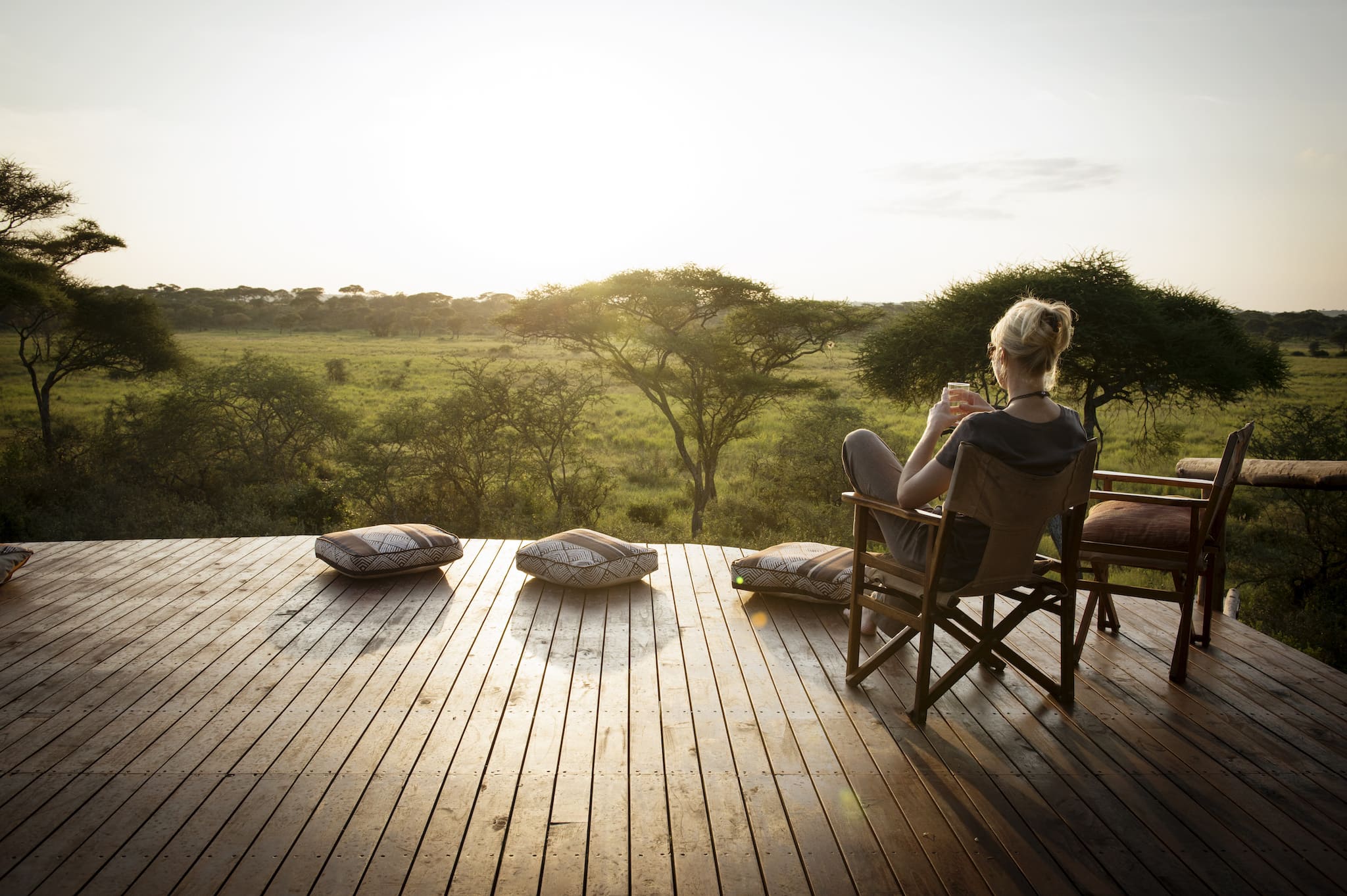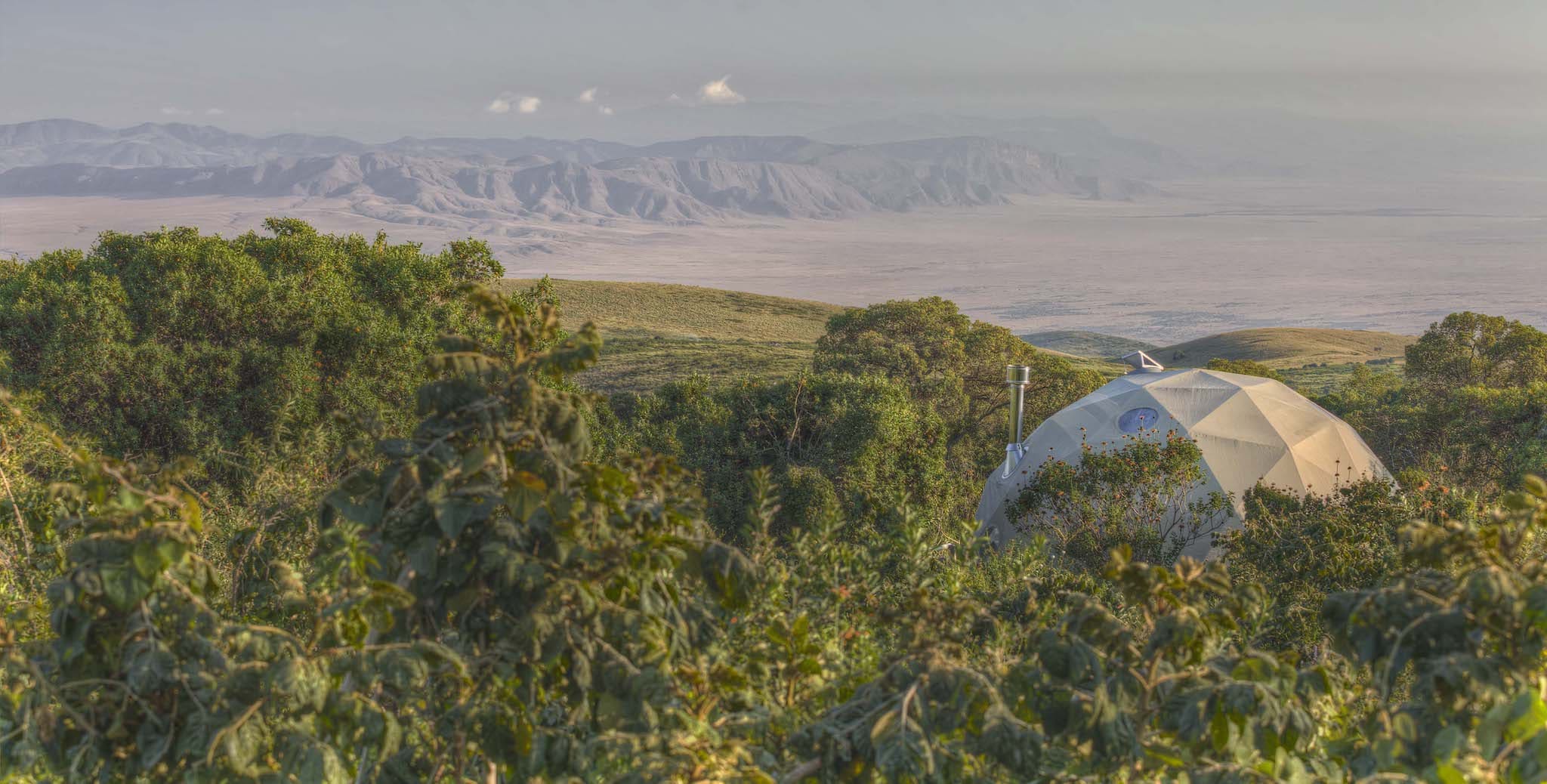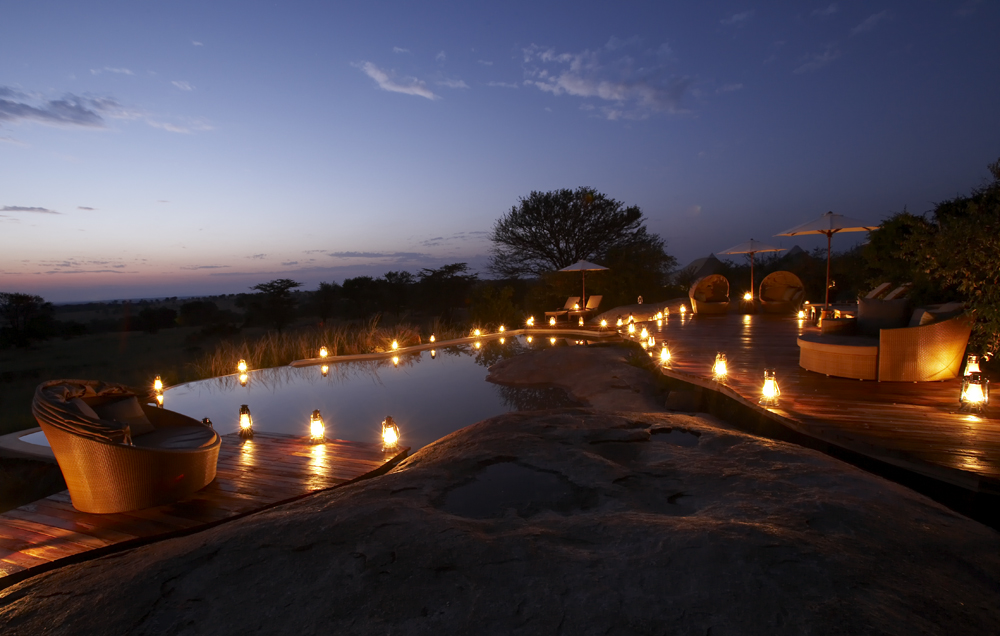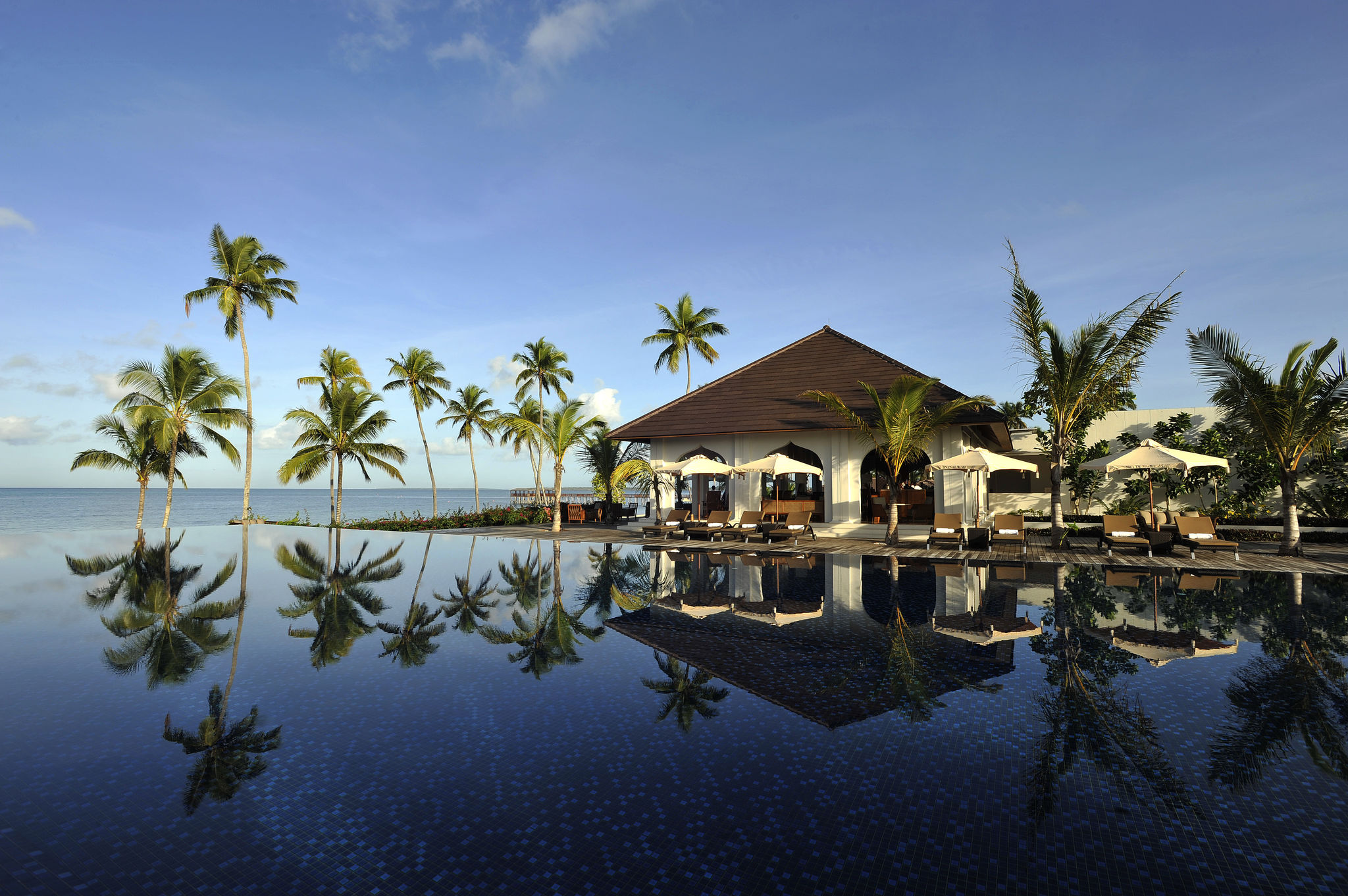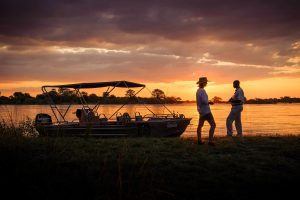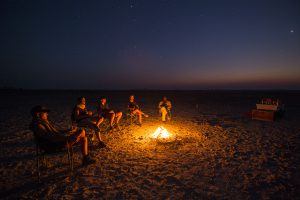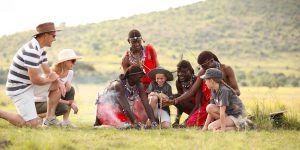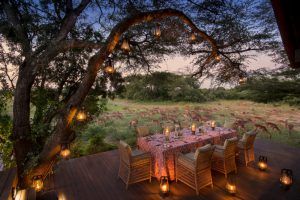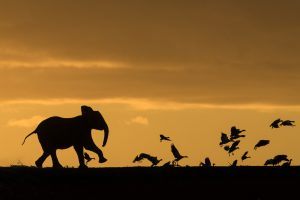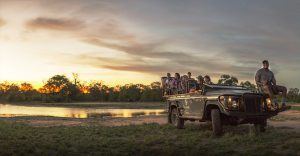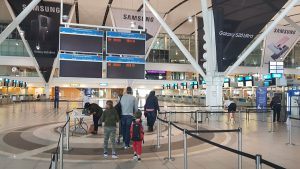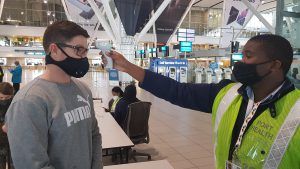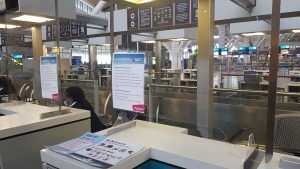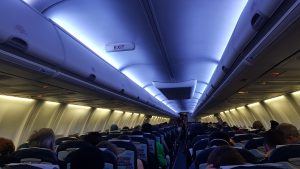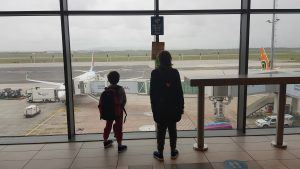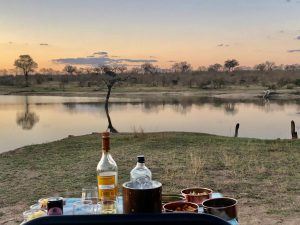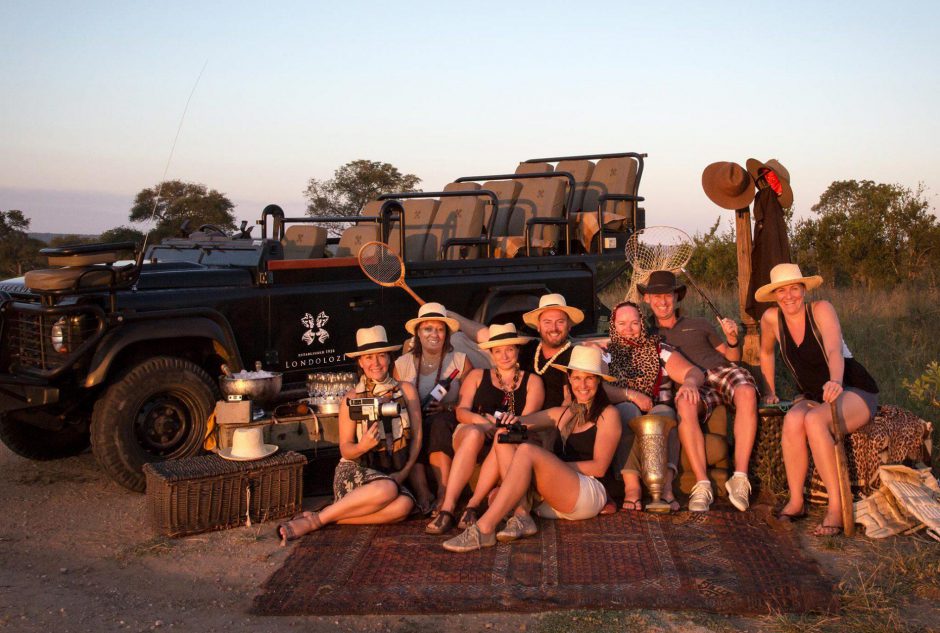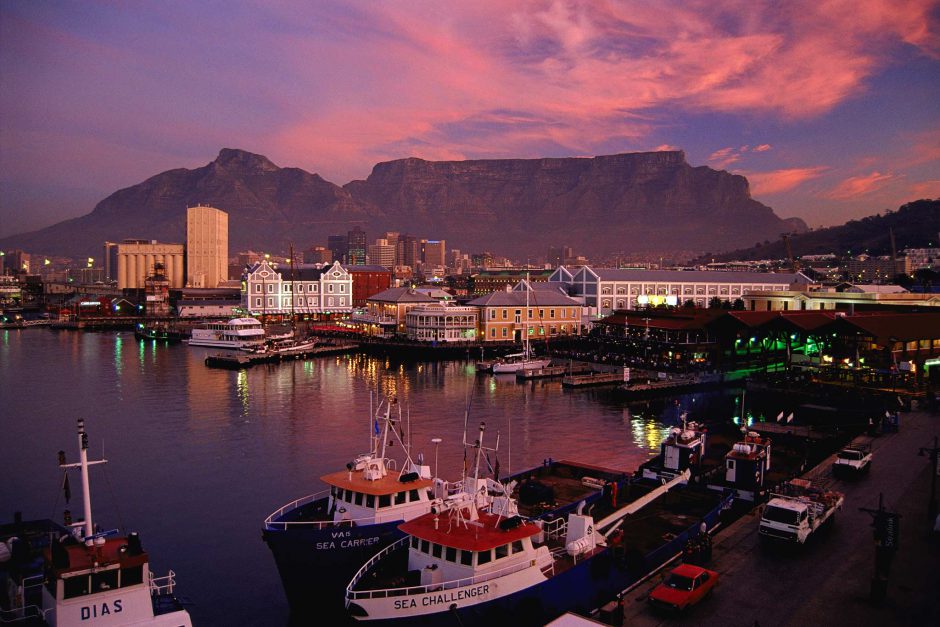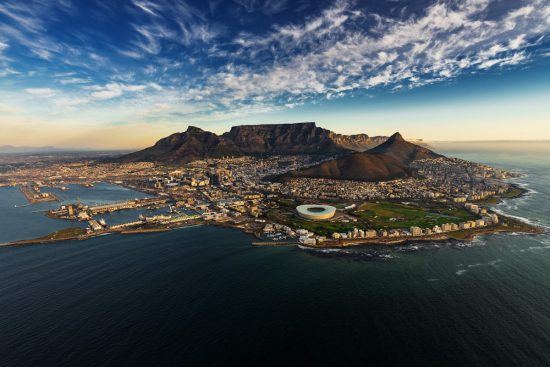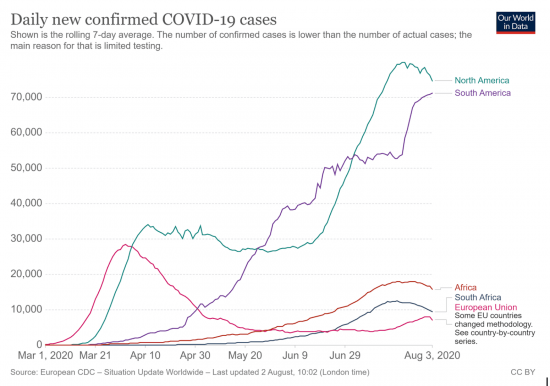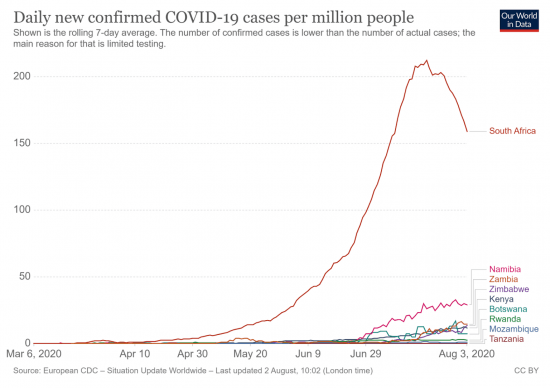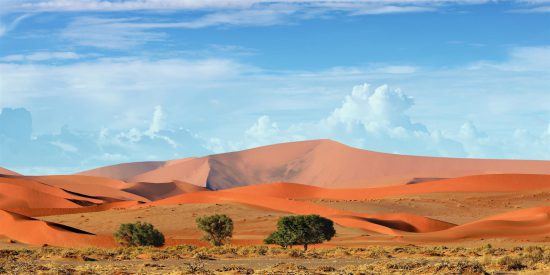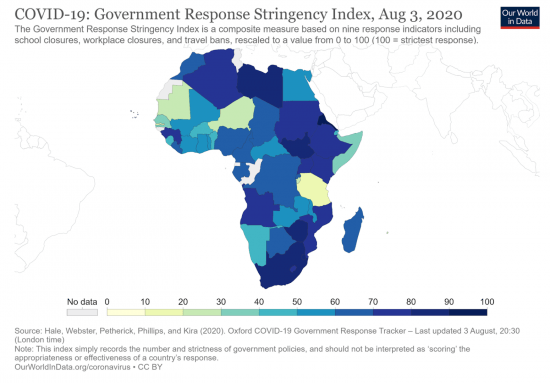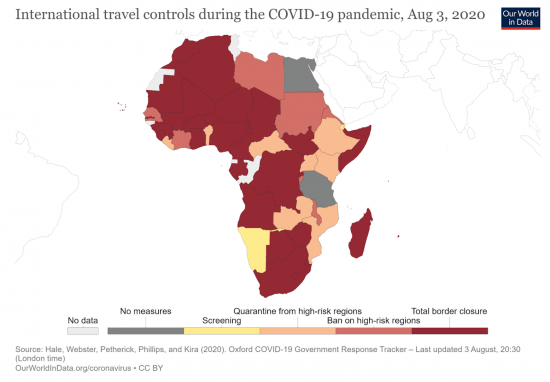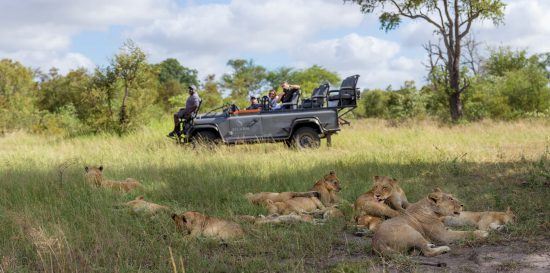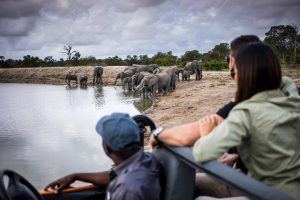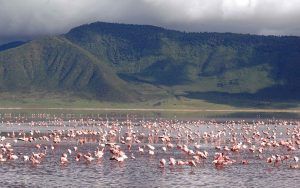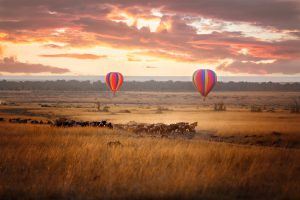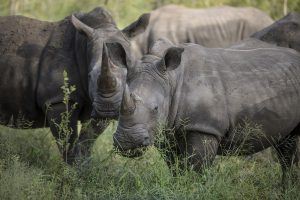Please note that this blog post was written in September 2020. For the latest travel updates, please visit our Travel with Confidence pages:
Africa is a bucket list destination for adventure seekers and romantics alike. Given the current circumstances, many of our clients are wondering: When will I be able to travel to Africa again? To make it easy, we have compiled a reference guide to when all your favourite Africa destinations are open for international visitors as well as some detailed information on what to expect for all Covid-19 travel to these countries. Here are the latest news on Covid-19 travel restrictions, travel protocols as well as border statutes of African countries.
Last updated: 13. November 2020
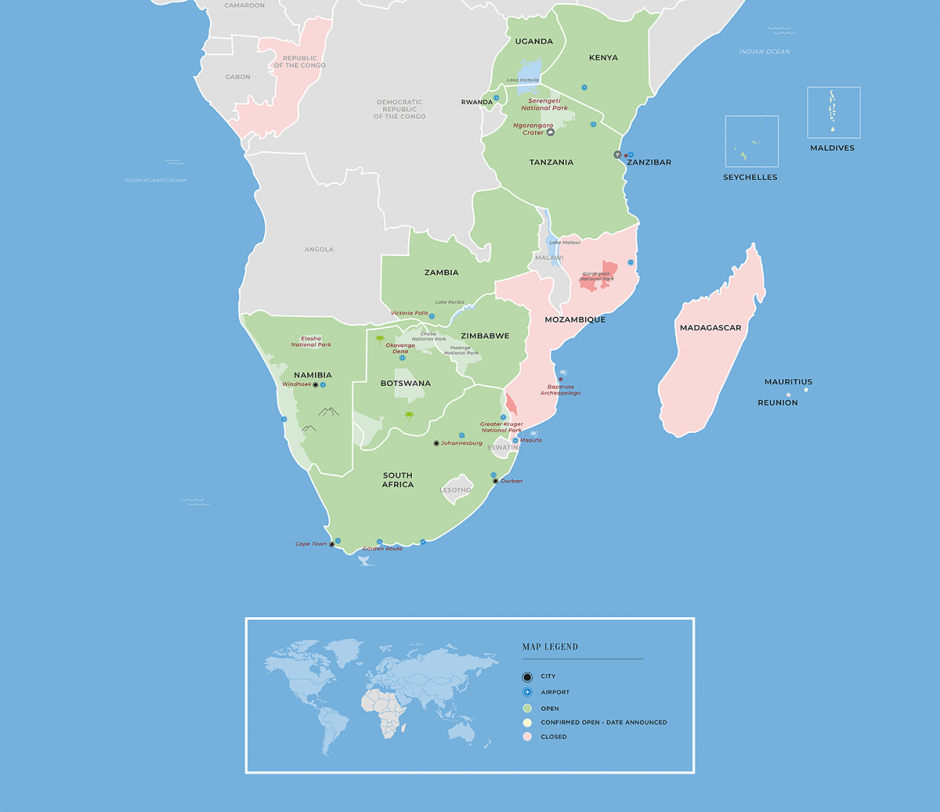
With every country seemingly applying a variety of different Covid-19 travel policies and protocols; it is difficult to keep up. As the authorities in African travel, we’ve collected all the travel information on the safest Covid-19 African destinations in order for you to best plan your next adventure to Africa.
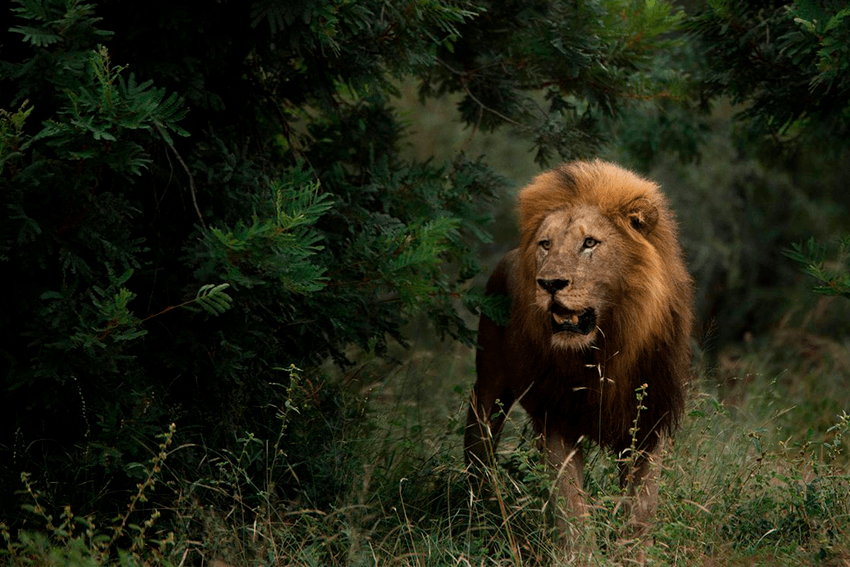
Southern Africa
South Africa, Botswana, Zimbabwe, Zambia, Namibia, Mozambique
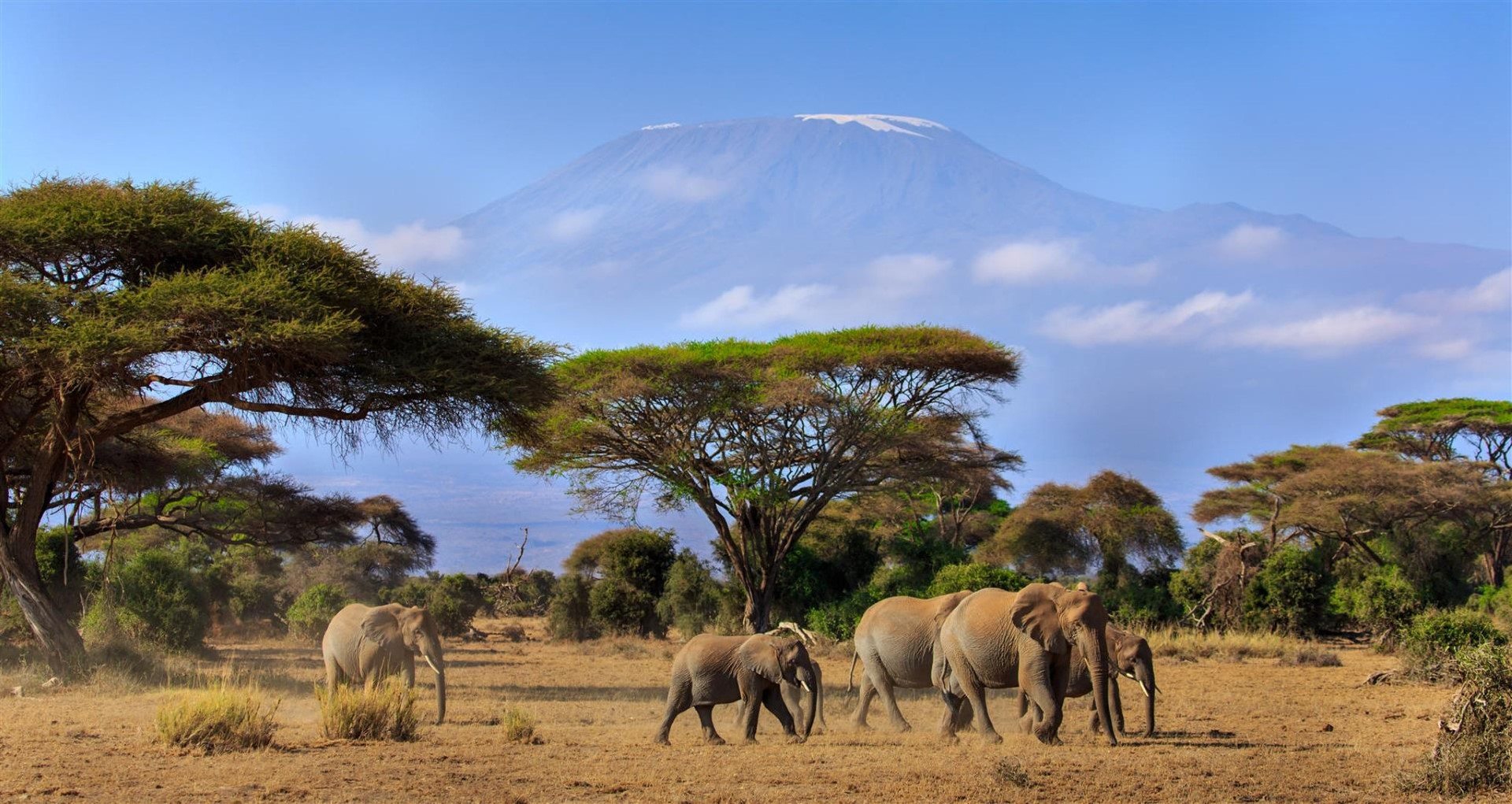
East Africa
Tanzania, Kenya, Uganda, Rwanda, Republic of Congo
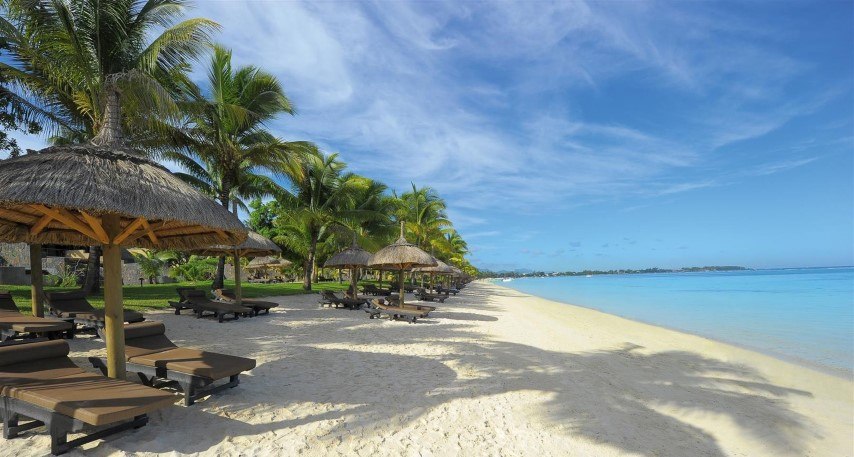
Indian Ocean Islands
Mauritius, Seychelles, Zanzibar, Maldives, La Réunion, Madagascar
Southern Africa

Experience a safari in Southern Africa
Encounter the Big 5 on a safari in Kruger National Park, hiking up dunes in Namibia or feeling the spray of the mighty Victoria Falls – Southern Africa is the ultimate post Covid-19 safari destination.
South Africa
Since 12 November 2020, South Africa’s borders are open to travellers from ALL countries, given that they provide a negative Covid-19 test. The “high risk country” list has been removed, which makes exploring Southern Africa possible again.
- When is the country (re-)opening for international guests?12 November 2020 for ALL countries
- Who is allowed to visit?Everyone with a negative Covid-19 test that isn’t older than 72 hours.
- What health/screening procedures will likely take place?The following is needed from every passenger to be granted entry into South Africa:- Negative Covid-19 test (not older than 72 hours);- The test must be conducted by a certified medical practitioner and must contain the name and signature of the person who conducted the test;- If no negative test is produced, the traveller will be required to quarantine at their own cost;- Travel insurance;- Proof of accommodation within South Africa.All travellers will undergo temperature screening on arrival in South Africa. Social Distancing will be encouraged and every traveller will be required to wear a mask.
- What will happen should I test positive in this country?Any traveller who tests positive for Covid-19 upon arrival in South Africa will be required to undertake a mandatory 10 day quarantine in a state facility at their own cost. Travel insurance would however cover all testing and quarantine costs.
Botswana
With some of the lowest reported Covid-19 cases in the world, Botswana was quick to close borders and limit the spread of Covid-19 within the country. In the beginning of November 2020, Botswana’s government announced the border reopening from 1 December 2020.
- When is the country (re-)opening for international guests?1 December 2020
- Who is allowed to visit?All international tourists with a negative Covid-19 test that isn’t older than 72 hours. Visitors who fail to provide such proof will not be allowed entry intro Botswana.
- What health/screening procedures will likely take place?Visitors will be screened for Covid-19 symptoms upon entry.
- What will happen should I test positive in this country?Upon arrival, symptomatic clients will be required to undertake mandatory testing and possible isolation and or quarantine. If tested positive in Botswana, travellers will be required to remain in contact with the local health authority for a period of 14 days doing self-monitoring.
- Where do I get reliable travel information for this country?Ask our Africa experts for more information on Botswana.
Zimbabwe
Zimbabwe imposed a country-wide lockdown on 30 March 2020 and will resume international flights from 1 October 2020.
- When is the country (re-)opening for international guests?1 October 2020 for international travellers.
- Who is allowed to visit?International guests, who can provide a Covid-19 clearance certificate.
- What health/screening procedures will likely take place?If you plan to visit Zimbabwe, you have to get a Covid-19 clearance certificate issued by a recognised facility within 48 hours from the date of your departure.
- What will happen should I test positive in this country?Our travel consultants can tell you more about these details.
- Where do I get reliable travel information for this country?Keen to travel to Zimbabwe in the near future? Let our travel experts explain you all about your travels to Zimbabwe.
Zambia
Any foreign travellers arriving in Zambia for non-essential work purposes will not be permitted entry. As of 30 June 2020, no visitor visas are being issued and any travellers arriving with existing visitor visas will be denied entry.
- When is the country (re-)opening for international guests?Zambia’s borders are not officially closed but under very tight restrictions. Airports have been opened as of 27 June 2020.
- Who is allowed to visit?Zambia has not placed any specific restrictions on any countries.
- What health/screening procedures will likely take place?Anyone entering Zambia may be tested for Covid-19 and then must spend up to 14 days in self-quarantine at their residence or preferred place of stay. If asked, you must inform Ministry of Health officials where you will be staying, and give them your contact details. Even if your test result is negative, you must complete the 14-day self-quarantine period.
- What will happen should I test positive in this country?Anyone entering Zambia with symptoms of Covid-19 will be taken to government facilities for treatment and quarantine.
- Where do I get reliable travel information for this country?Get in touch with our travel experts in order to receive the latest information on safe travels to Zambia.
Namibia
Namibia is open for international tourism. If you’re interested in experiencing dramatic landscapes and vast open spaces, read the following travel information.
- When is the country (re-)opening for international guests?Open since September 2020.
- Who is allowed to visit?Everyone with a Covid-19 clearance certificate. Please note that the test has to be taken within 72 hours prior to your departure. International visitors without a negative Covid-19 test will not be granted entry into Namibia. If a negative test is between 72 hours and 7 days old, travellers will be allowed into the country, but they have to undergo a 7 day supervised quarantine at a tourism facility.
- What health/screening procedures will likely take place?Travellers will no longer get tested on their fifth day in the country and can enjoy their holiday.
- What will happen should I test positive in this country?Should you test positive during your stay in Namibia, quarantine and self-isolation protocols apply.
Mozambique
All international travel into Mozambique has been suspended. As of 30 June 2020, no travel visas are being issued however the land border between South Africa and Mozambique is currently open for cargo only.
- When is the country (re-)opening for international guests?No information is currently available on reopening.
- Who is allowed to visit?Mozambique has not placed any specific restrictions on any countries.
- What health/screening procedures will likely take place?All arrivals into Mozambique will be required to observe self-quarantine for a period of 14 days.
- What will happen should I test positive in this country?No information has been provided.
- Where do I get reliable travel information for this country?Our Africa experts will be more than happy to share the latest news on Mozambique with you. Feel free to send them an email or give them a call.

Southern Africa
South Africa, Botswana, Zimbabwe, Zambia, Namibia, Mozambique

East Africa
Tanzania, Kenya, Uganda, Rwanda, Republic of Congo

Indian Ocean Islands
Mauritius, Seychelles, Zanzibar, Maldives, La Réunion, Madagascar
East Africa
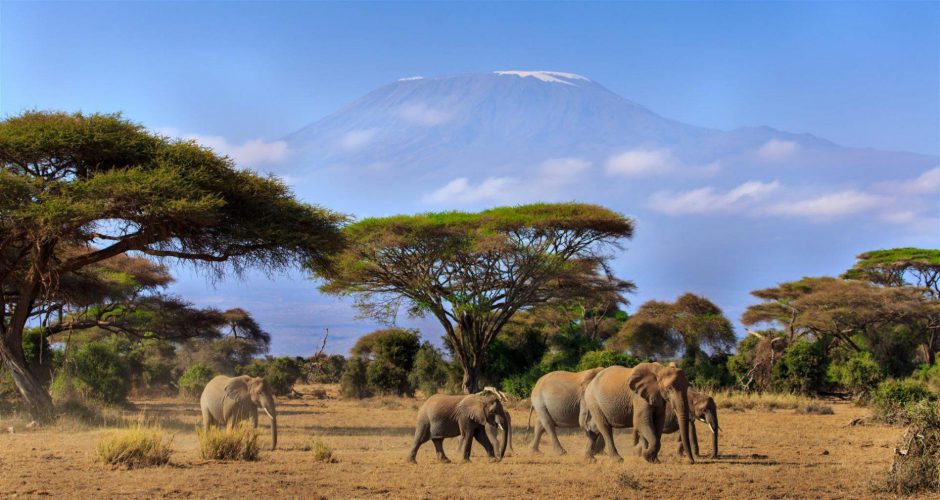
Your “Out of Africa” adventure awaits
From the romantic charm of the open grasslands and the Great Wildebeest Migration to the foggy volcanic mountains in Africa’s rainforest, where our planet’s last gorillas live – East Africa should be on your travel bucket list.
Tanzania
The Tanzanian government announced on 18 May 2020 that it will lift the ban on international flights arriving and departing from the country. All hotels and other tourist facilities in the country must go through a Covid-19 certification process, and follow the new standard operating procedures. To ensure a safe environment for locals and tourists alike, the government directed all the country’s tourism entities to appoint and adequately train Covid-19 liaison officers to be the point of contact with its Health Ministry.
- When is the country (re-)opening for international guests?Open since 1 June 2020
- Who is allowed to visit?There are no restrictions for certain countries. If passengers’ body temperatures test normal, they will be able to enter the country without being quarantined.
- What health/screening procedures will likely take place?No visitors will be subjected to 14 days quarantine when landing in Tanzania. However, you are expected to adhere to full protective measures against the spread of Covid-19.
- What will happen should I test positive in this country?No set policy or procedure has been announced.
Kenya
Kenya has reopened its borders for international travellers on 1 August 2020. There are a few precaution measures in place, which we explain below.
- When is the country (re-)opening for international guests?Since 1 August 2020, international travellers from “safe countries” are allowed into Kenya once again. A review of those countries will be undertaken by the Ministry of Health on a day-to-day basis.
- Who is allowed to visit?You find the latest information on those safe destinations here. The list is being updated by the Kenya Civil Aviation Authority.
- What health/screening procedures will likely take place?If you want to travel to this beautiful East African country, you must present a negative PCR Covid-19 test before boarding the plane (tested within 96 hours before take off). The Kenyan government announced that only passengers who exhibit coronavirus symptoms will be subjected to a mandatory 14-day quarantine. Any visitor arriving in Kenya with no symptoms of coronavirus and a body temperature of less than 37.5 degrees Celsius will be allowed to continue with their travels.If there is a suspected case on the flight, passengers on the first and the second row from where the case was will all be tested. If they test negative, they will be allowed to leave the airport, if they test positive then they will be quarantined according to the Ministry of Health’s guidelines.
- What will happen should I test positive in this country?Positive patients will be quarantined, more detailed information on what this will entail for international visitors is still to be provided.
- Where do I get reliable travel information for this country?https://magicalkenya.com/ (official site of the Kenya Tourist Board)
Uganda
Uganda is ready to welcome visitors again from 1 October 2020. The Ugandan Ministry of Tourism, Wildlife and Antiquities has announced a set of standard operating procedures. In order to make sure that all service providers follow the new guidelines, the Uganda Tourism Board continues to inspect hotels and other accommodations.
- When is the country (re-)opening for international guests?On 1 October 2020, Uganda opened its borders.
- Who is allowed to visit?Visitors with a Covid-19 clearance certificate.
- What health/screening procedures will likely take place?Within 72 hours of travelling to Uganda, you must obtain a Covid-19 clearance certificate.Health screening and COVID-19 protocols are as follows:Arriving passengers must present a negative COVID-19 (PCR) test result from an accredited laboratory in their country of origin, issued within 72 hours of departure for Uganda. All visitors will undergo temperature checks and health screening on arrival. Visitors are expected to wear masks, maintain a social distance of 1.5 metres (5 feet) where possible, and practice good personal hygiene.Departing passengers are advised to arrive at the airport at least four hours before their scheduled flights. Passengers must present a negative COVID-19 (PCR) test result, issued within 120 hours of departing from Uganda. Travellers will undergo temperature checks and health screening. Travellers who are not expected to present a negative COVID-19 test certificate in their destination country must ensure they have special clearance from their destination country to board an airplane.
- What will happen should I test positive in this country?Feel free to contact our travel experts for more detailed information.
Rwanda
Rwanda’s Covid-19 management plan has been recognised internationally and the EU has added the country to its “safe” list.
- When is the country (re-)opening for international guests?17 June 2020
- Who is allowed to visit?All tourists are welcome, but visitors must test negative for Covid-19 in two consecutive tests.
- What health/screening procedures will likely take place?If you are travelling to Rwanda, you must take two Covid-19 tests. The first one in your country of origin at an ISO-certified laboratory, not more than 72 hours before your departure. You have to submit your test results to lab@rbc.gov.rw before you start your journey and then again upon arriving in Rwanda. You will take a second Covid-19 test upon arrival at Kigali International Airport and have to wait up to 8 hours for your test results at designated hotels near the airport.If you are unable to get tested in your country of origin, you will be tested twice in Rwanda. The first test will be taken directly upon arrival at Kigali International Airport, while the second test will be taken 48 hours after your arrival. In addition, you have the option to get tested again before you fly home. The cost of the Covid-19 tests will be included in your tour packages.
- What will happen should I test positive in this country?If a tourist tests positive, they will be treated in a state healthcare facility.
Republic of Congo
Are you looking for an adventure in Africa’s rainforest? The Republic of Congo is currently working on health protocols to ensure safety of both citizens and visitors.
- When is the country (re-)opening for international guests?The government of the Republic of Congo has announced the suspension of all commercial flights in and out of the country. The country’s land and sea borders remain closed until further notice.
- Who is allowed to visit?No information is available as yet.
- What health/screening procedures will likely take place?None have yet been stipulated.
- What will happen should I test positive in this country?No information is available as yet.
- Where do I get reliable travel information for this country?Please contact our experienced Africa experts for further information on travelling to the Republic of Congo.

Southern Africa
South Africa, Botswana, Zimbabwe, Zambia, Namibia, Mozambique

East Africa
Tanzania, Kenya, Uganda, Rwanda, Republic of Congo

Indian Ocean Islands
Mauritius, Seychelles, Zanzibar, Maldives, La Réunion, Madagascar
Indian Ocean Islands

Welcome to your tropical paradise
Crystal clear waters, sandy beaches, your own beach villa – do we need to say more? The Indian Ocean Islands not only offer you privacy paired with luxury, they also let you experience a wonderful tropical flora and fauna.
Mauritius
Your picture-perfect island holiday might be possible sooner than expected. Mauritius was officially one of the Covid-free countries in Africa and does everything in its power to retain that status.
- When is the country (re-)opening for international guests?Mauritius has announced the phased opening of borders from 1 October 2020.
- Who is allowed to visit?Borders will be open to Mauritian nationals, residents and tourists travelling to Mauritius for long stays.
- What health/screening procedures will likely take place?Passengers will have to undergo a PCR test 5 days prior to travel. Upon arrival in Mauritius, a 14-day quarantine will be mandatory at an establishment approved by the authorities.
- What will happen should I test positive in this country?Visitors with symptoms will be examined more thoroughly and, if required, will be kept in quarantine or isolation at designated centres. All travellers leaving Mauritius will be screened before their departure.
Seychelles
Like Mauritius, the Seychelles is another Covid-free country in Africa and therefore safe for you to visit. All 11 patients (on the main island Mahé) have fully recovered and the island paradise hasn’t reported any new cases since 7 April 2020. The have also confirmed that commercial flights can enter the country from 1 August 2020.
- When is the country (re-)opening for international guests?1 June 2020 (under certain conditions, e.g. travellers arriving via private jet and direct chartered flights). Commercial flights are operating since 1 August 2020.
- Who is allowed to visit?The Seychelles has a list of stipulating which countries fall within the low-risk or medium-risk category. The full list is updated every 14 days.
- What health/screening procedures will likely take place?The Seychelles has a strict screening processes upon arrival. They require proof of a negative Covid-19 test prior to boarding the flight into the Seychelles. In addition to this, for low-risk countries travellers are required to submit to an antigen test within 72 hours of travel. For travellers from medium-risk countries are expected to conduct a PCR test within 72 hours of travel. All travellers need to provide proof of travel insurance and proof of accommodation.
- What will happen should I test positive in this country?No information is available as yet.
Zanzibar
The Tanzanian standard operating procedures do also apply to tourism entities on the Famous Spice Island.
- When is the country (re-)opening for international guests?1 June 2020
- Who is allowed to visit?Tourists from all countries.
- What health/screening procedures will likely take place?As long as visitors’ body temperatures test normal, they will be able to enter the country without being quarantined for 14 days. All tourists are expected to adhere to full protective measures against the spread of Covid-19.
- What will happen should I test positive in this country?No information is available as yet.
Maldives
The Maldives and the new normal: The luxury holiday destination has established a set of safety measures and is welcoming international travellers again.
- When is the country (re-)opening for international guests?Open since 15 July 2020
- Who is allowed to visit?If you want to travel to the Maldives, you have to be symptom-free and in possession of a confirmed booking for one tourist establishment registered with the Ministry of Tourism (exemptions will be made for transit arrangements) as well as a negative PCR test that has been taken no longer than 72 hours prior to your arrival in the Maldives. In addition, travellers must submit an electronic Traveller Health Declaration within 24 hours prior to their departure to the Maldives.
- What health/screening procedures will likely take place?All arriving travellers must undergo a non-intrusive thermal screening at entry. Visitors with Covid-19 like symptoms (e.g. sneezing and a temperature above 38 degrees celsius) will get tested upon arrival.Please wear a mask at the airport and make sure that you follow the general physical distancing protocol. Hand sanitisation will be available at the arrival terminal.
- What will happen should I test positive in this country?If the result of the Covid-19 test is positive, the tourist will either continue isolation at the resort or will be transferred to a state-run isolation facility. If the result of the PCR test is negative, no further quarantine is required and the visitor can continue his travels as planned. Although released from isolation, a symptomatic person will have to follow the usual restrictions.
- Where do I get reliable travel information for this country?https://www.tourism.gov.mv/covid19Consider downloading the contact tracing app “TraceEkee” for real-time updates.
La Réunion
As a French overseas region, La Réunion follows the French and EU guidelines on reopening its borders for international travellers.
- When is the country (re-)opening for international guests?Open, however, there are restrictive measures at airports in place.
- Who is allowed to visit?Travel restrictions to mainland France have been lifted. Travel to Reunion will require a negative COVID-19 test taken in the previous 72 hours. Non-French nationals remain barred from entry.
- What health/screening procedures will likely take place?We recommend that you take a Covid-19 test 72 hours prior to departure, in order to avoid being subject to a 14-day quarantine upon arrival.If a visitor presents symptoms such as fever, cough and difficulty breathing within 14 days of travel in La Réunion, he or she is advised to dial 15 and provide further details. In suspected cases identified by a medical professional, the Urgent Medical Aid Service (SAMU) will be contacted. SAMU will then inform the nearest Infectious Disease Centre, which determines if the patient needs to be quarantined.
- What will happen should I test positive in this country?If you test positive for Covid-19, you will have to isolate yourself for 14 days and are subject to telephone follow-ups. At the end of the quarantine, you will get screened again at a dedicated health facility.
Madagascar
You might have heard the rumours about Madagascar’s President Andry Rajoelina and his herbal tonic, which supposedly heals Coronavirus. So far, the travel information for this adventurous destination remains mostly uncertain. Please let our travel experts know if you have a specific region or accommodation in Madagascar in mind.
- When is the country (re-)opening for international guests?Madagascar will be open as of 1 October 2020, however only the island of Nosy Be.
- Who is allowed to visit?No information is available as yet.
- What health/screening procedures will likely take place?All arriving passengers are required to present a return air ticket and must present a negative COVID-19 (PCR) test, carried out 72 hours before arriving in Madagascar. A letter of commitment must be signed by arriving passengers, acknowledging the COVID-related health measures in Madagascar.All visitors must complete a health form and comply with all airport health procedures, such as temperature scans and using a disinfectant corridor.A COVID-19 PCR test must be conducted at a traveller’s hotel (at own expense) 72 hours before departure from Madagascar, if the destination country requires a negative test result.
- What will happen should I test positive in this country?No information is available as yet.
- Where do I get reliable travel information for this country?Please check your home country’s official travel advice for Madagascar or contact our travel experts for further information.
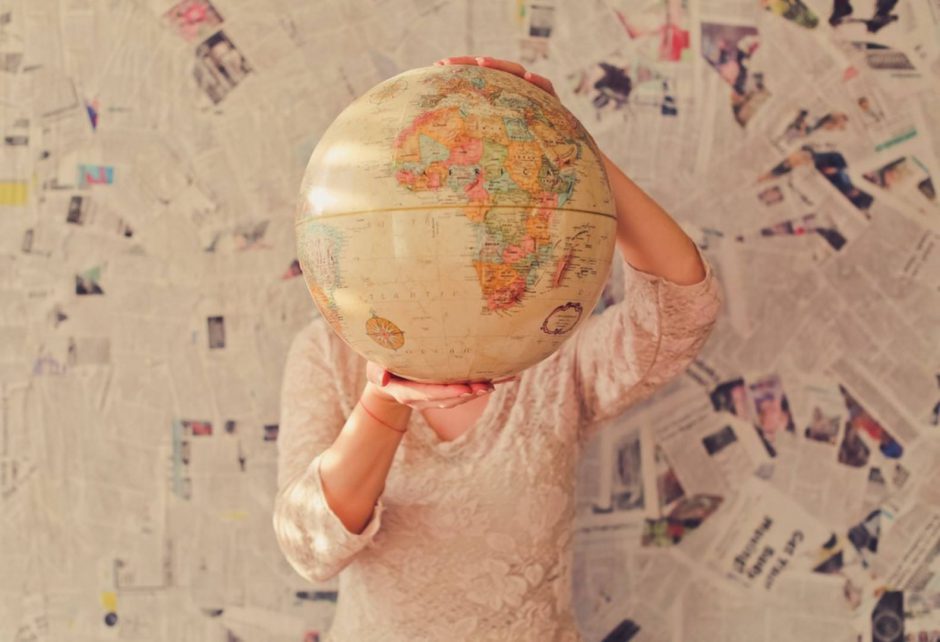
Travelling to Africa in times of Covid-19
Travel Safety during Covid-19
We understand that many people are concerned about travelling in uncertain times like these. Booking a safari through an expert travel company like Rhino Africa has never been more important. Our dedicated travel experts will keep you informed about possible travel restrictions, safety measures and will explain everything from mandatory quarantine to general precautions that you can take to ensure you keep yourself and your loved ones safe.
What is a safe destination?
Endless open savannahs, a private island paradise, being surrounded by the waterways of the world’s largest inland delta – Africa offers you a whole variety of safe destinations. Untouched wilderness and a comparatively small number of tourists make our continent the perfect destination for your first post-Covid-19 journey. Remote locations in combination with highest safety and health standards ensure that you will spend a safe holiday in Africa.
Make sure that you keep yourself informed and use trustable sources such as the website of your home country’s Department of Foreign Affairs.
Our Travel Advice
Why is now the best time to book your 2021 safari in Africa? First of all, a lot of accommodations have really good “book now, travel later” offers. And who doesn’t want to save on the adventure of a lifetime? Since most tourists who were meant to travel now have postponed their Africa holiday to next year, you want to make sure that you book your customised tour, while your dream destinations are still available. Our experienced travel experts are looking forward to planning your next holiday on our magnificent continent. Africa awaits you.
